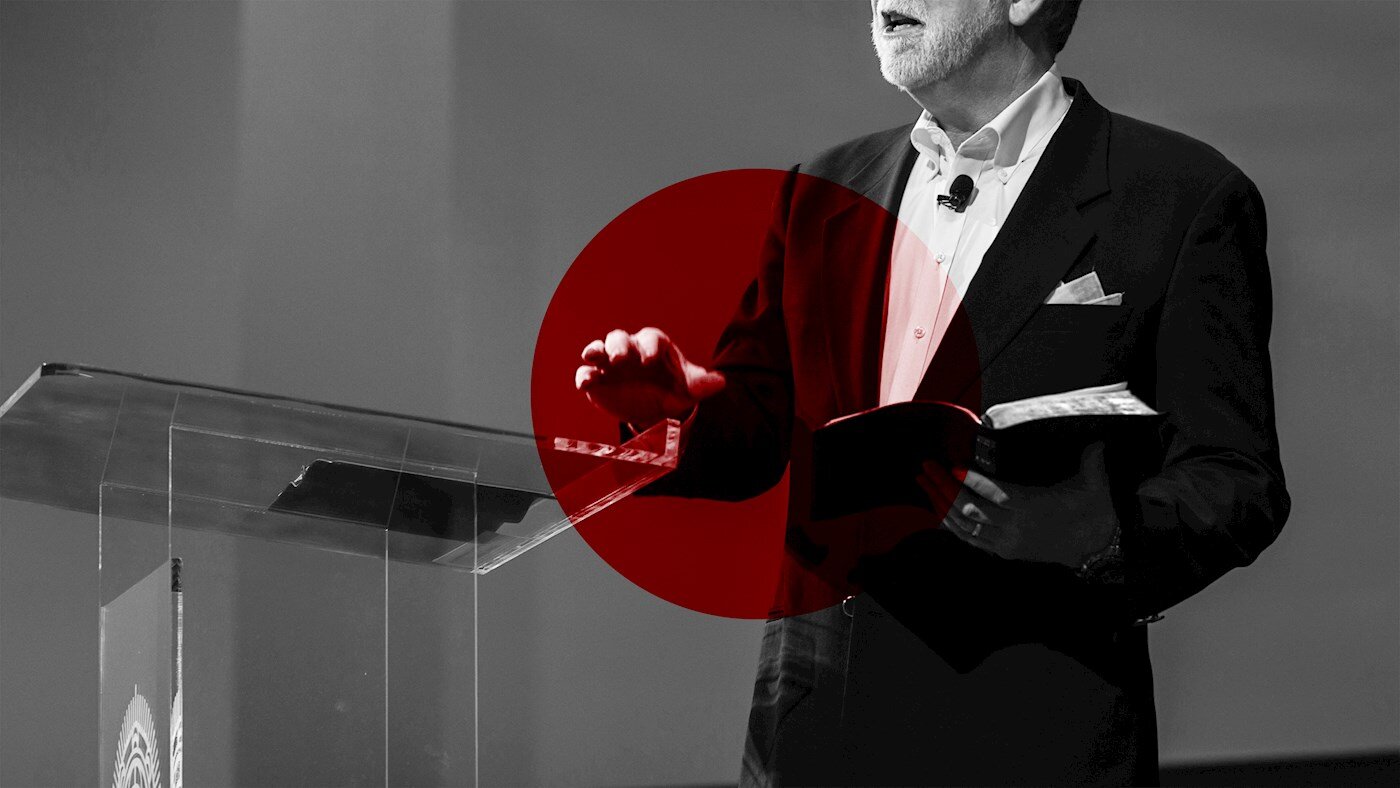When you visit Trinity Lutheran Church in the Berlin district of Steglitz you’re going to meet a lot of different people, from all over the world: the German woman who thinks Mississippi is the greatest place in the world, the family from Bangladesh who comes to the English-language service every other week, the pastor — Rev. Dr. Gottfried Martens — who has learned Farsi in addition to English and German in order to minister to his community.
Then, you might get to know the hundreds of men and women who have found sanctuary at Trinity, seeking to remain in Germany and not be sent home to places as diverse as Iran, Iraq, Afghanistan, or elsewhere.
This is a community whose lives are in limbo. They’ve applied for asylum on the basis of their conversion to Christianity and they claim that they will face religious, social, and political repercussions if forced to return to their countries of origin. Some fear for their lives.
Between 20,000 and 40,000 refugees are seeking asylum in Germany on the grounds of religious persecution because of their conversion to Christianity, according to a 2019 Open Doors report. Amid sharp national debates about anti-refugee sentiment, religious literacy, and religious freedom, a number of evangelical leaders have called for changes to the process of officially evaluating refugee conversion.
Currently, the Federal Office for Migration and Refugees (BAMF) judges the sincerity of conversion and the severity of potential threats to asylum seekers’ lives. There is, however, a lack of explicit standards, clear criteria, or legal precedent for these examinations, and the BAMF grants asylum at significantly different rates in different parts of the country.
To say the least, this issue is fraught with multiple angles, opinions, and perspectives to consider. The process is mired by Islamophobic assumptions, a supposedly secular and neutral state making decisions in matters of religion, and the messy and mysterious question of “authentic faith.”
But for those seeking asylum, the issue is clear — “I’ve converted and my conversion puts my life, and the lives of those I love, in danger. I need asylum in Germany.”
Reporting on the topic for Christianity Today, I spoke with refugee converts, local pastors, evangelical leaders, scholars of Islamic law, government ministers, immigration authorities, and everyday Germans about how the issues around the question of judging asylum cases might be untangled.
The end result is that there is no clear answer, no silver bullet, no rubric that can be universally applied. Blame for the inefficiencies and failures of the process cannot be easily allocated — it isn’t an “Islam” problem, a secular government problem, or an evangelical Christian problem. It’s a shared problem, one that must activate multiple stakeholders with varying perspectives, postures, and positions on faith, the state, and religious freedom.
Nonetheless, in the course of my reporting, I did sense that there is the possibility for legal experts, politicians, government ministers, pastors, and religious actors to work together to seek the best solution for those involved.
These questions are not going to go away on their own. Instead, as the church body at Trinity Lutheran Church in Steglitz testifies, we are likely to continue to confront such questions in the years to come given the ongoing entanglement of people, traditions, and nations across the world.
Germany’s struggle offers a telling case-study for the issues we might encounter and the possibilities that lie before us. Perhaps, there is a “third way” that religious actors and the secular state can walk together to protect human rights and maintain peace and order.
Time will tell. For now, take a moment to explore an issue that is far more complex than it at first appears.
























